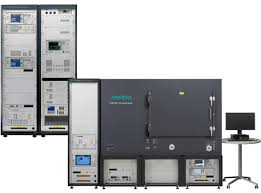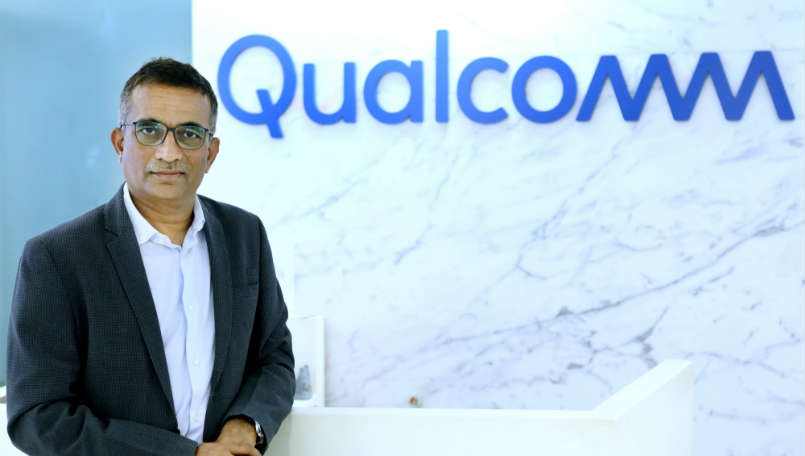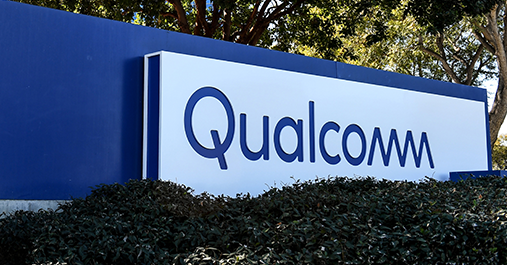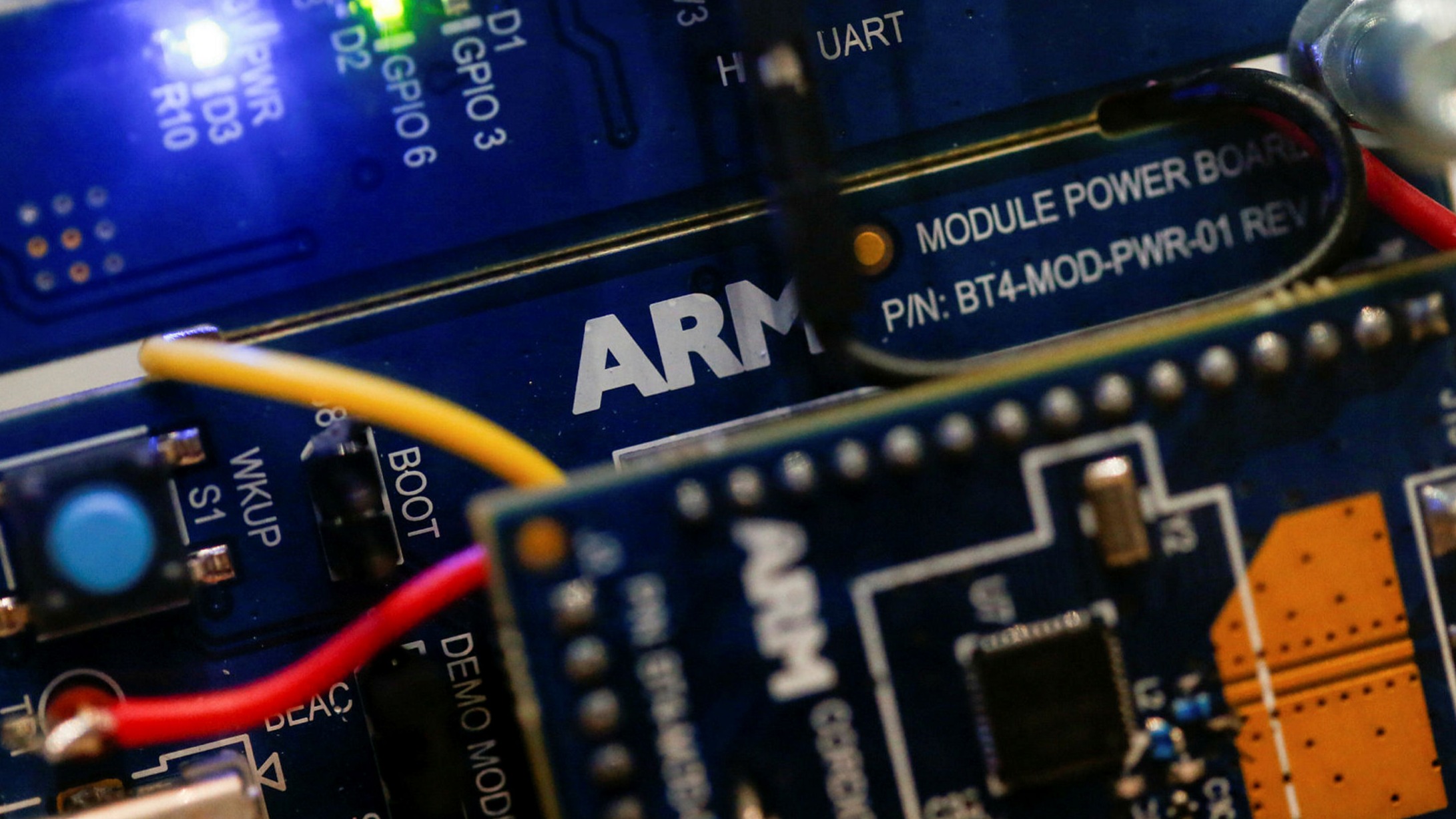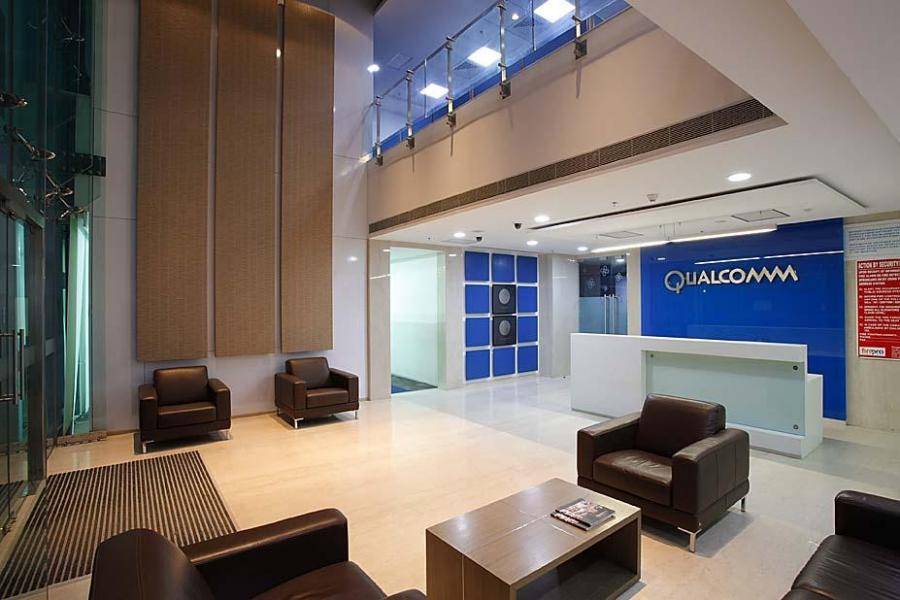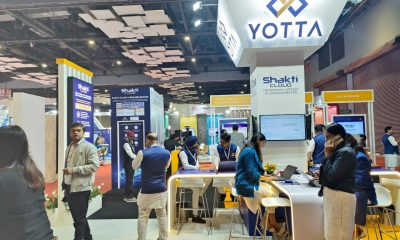Manufacturing
Qualcomm, USI to form joint venture for semiconductor module factory in Brazil
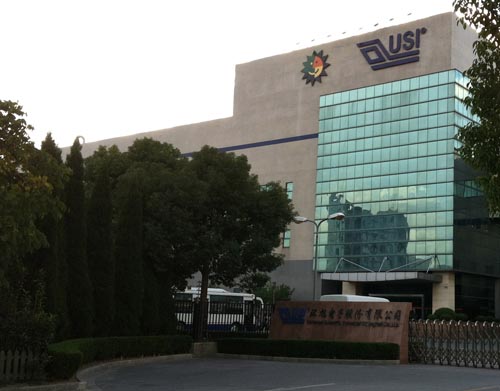
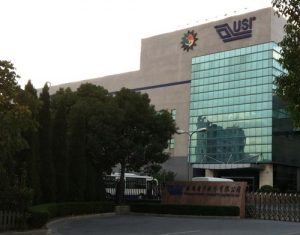 NEW DELHI: Today at São Paulo, Qualcomm Technologies and Universal Scientific Industrial (Shanghai) Co., Ltd. (USI) have signed an agreement to form a joint venture.
NEW DELHI: Today at São Paulo, Qualcomm Technologies and Universal Scientific Industrial (Shanghai) Co., Ltd. (USI) have signed an agreement to form a joint venture.
This joint venture, which remains subject to various closing conditions, would focus on an installation of a semiconductor module facility in São Paulo dedicated to the design, development and fabrication of modules and components for smartphones and IoT devices in Brazil.
The agreement formalizes the non-binding memorandum of understanding signed by the two parties in March 2017 with the Ministry of Science, Technology, Innovation and Communications (MCTIC), the Ministry of Industry, Foreign Trade and Services (MIDC) and Investe Sao Paulo, representing the Sao Paulo State government.
The agreement to form the joint venture is a result of ongoing collaboration among Qualcomm Technologies, USI and the government entities who have been working together to lay the foundation and foster the growth of the semiconductor industry in Brazil, as well as set the conditions for the possible creation of this joint venture.
Building on the heritage and industry leading Qualcomm® technologies, the flagship products of the joint venture will be a line of system in package modules powered by Qualcomm® chipsets and the modules include, in a single component, the radio frequency and digital components for smartphones and IoT devices.
These products are designed to help dramatically simplify the device engineering and manufacturing processes, and should also provide cost and development time savings to OEMs and IoT device manufacturers. Manufacturing these components in Brazil may also assist in the reduction of the import deficit of integrated circuits, by expanding and diversifying the Brazilian production of semiconductors.
“The platforms and solutions of Qualcomm Technologies continue to support and accelerate the mobile industry and beyond,” said Cristiano Amon, president, Qualcomm Incorporated.
“The collaboration between Qualcomm Technologies and USI aims to develop best-in-class solutions for smartphones and IoT system platforms by offering connectivity, security and accessibility that customers need to create innovative products and better user experiences,” Amon added.
“This project should help foster the adoption of IoT in Brazil, as some of the technology platforms being supported by this joint venture will be designed with an eye towards helping to facilitate the development and manufacturing of connected devices beyond smartphones across the country,” said Rafael Steinhauser, senior vice president and president, Qualcomm Latin America.
“USI has been at the forefront of miniaturization technology for more than 15 years. Our track record and experience make us an ideal collaborator for the manufacturing of highly integrated multi-component modules used in smartphones and IoT devices,” said C. Y. Wei, president of USI.
“Brazil is the largest economy in Latin America with a significant growth potential for integrated modules. USI will be utilizing the technological competence of its parent company, ASE, to help build up the semiconductor cluster in Brazil and Latin America. We are excited to be a part of this joint venture that could help boost local employment in the next five years,” he added.
“The creation of this joint venture by world class companies is a major step towards the insertion of Brazil into the global semiconductor chain, accelerating the development of high technology products and creating important competencies in our country by bringing highly specialized jobs to Brazil in the areas of design and manufacturing of semiconductor modules”, says the Minister of Science, Technology, Innovations and Communications, Gilberto Kassab.
The joint venture is likely to be set up in the state of Sao Paulo as a result of the effort and collaboration between the State of Sao Paulo, USI and Qualcomm Technologies. Assuming successful formation, the joint venture is expected to start manufacturing in 2020.
Manufacturing
Foxconn to resume operations at Tamil Nadu plant; facility under probation by Apple

NEW DELHI: Apple supplier Foxconn Technology Group on Monday said it has implemented a range of corrective actions and will start bringing back team members gradually to the Sriperumbudur factory, which was shut down last month following a mass food-poisoning incident at the plant’s offsite dormitory facility.
The factory located on the outskirts of Chennai in Tamil Nadu was shut down on December 18 after workers’ protests on the back of a mass-food poisoning incident at the offsite dormitory facility.
“We have been working on a series of improvements to fix issues we found at the offsite dormitory facilities at Sriperumbudur and to enhance the services we provide to our employees. We have implemented a range of corrective actions to ensure this cannot happen again and a rigorous monitoring system to ensure workers can raise any concerns they may have, including anonymously,” Hon Hai Technology Group (Foxconn) said in a statement.
The company also said it will “gradually begin to welcome back team members as each offsite dormitory becomes ready and is approved”.
According to sources, operations will be gradually resumed at the factory as hostels and dormitories get ready and certified as per local requirements by the government and Apple’s audits.
An Apple spokesperson said the Sriperumbudur facility continues to be on probation and that the company is closely monitoring the situation.
“For the past several weeks teams from Apple, along with independent auditors, have been working with Foxconn to ensure a comprehensive set of corrective actions are implemented in the offsite accommodations and dining rooms at Sriperumbudur,” the spokesperson said.
Workers will start to return gradually as soon as Apple is certain its standards are being met in every dormitory and dining area, the spokesperson emphasised.
Apple had put the Sriperumbudur factory of the iPhone assembler Foxconn on ‘probation’ following worker protests and an assessment that revealed substandard living conditions, saying it will ensure strict standards are met before the unit reopens.
While the companies did not comment on the expected timelines for full resumption of operations, the sources said full resumption of operations at the plant will take more time and workers will only be brought back in a phased manner over the next few months.
The factory has more than 15,000 people working on production of Apple products.
According to the sources, there has also been a management change at Foxconn India with a change of guard locally and introduction of new systems to better manage the factory and employee facilities.
The commercial production of the newly-launched iPhone 13 series was reportedly expected to start at the Foxconn plant by February. It is unclear if Apple’s probation would affect these plans.
Source: Press Trust of India
5g
Apple supplier Murata expects half billion 5G phones in new year

By Takashi Mochizuki and Yuki Furukawa
NEW DELHI: Murata Manufacturing Co., the world’s biggest maker of ceramic capacitors for Apple Inc. and other smartphone brands, expects demand for fifth-generation wireless devices to surpass 500 million handsets in the coming fiscal year, building on a rush to replace Huawei Technologies Co. in the global consumer arena.
Apple, Samsung Electronics Co. and Chinese rivals Xiaomi Corp., Oppo and Vivo are vying to secure components for their devices, hoping to fill a void as Huawei’s mobile business shrinks under the weight of U.S. sanctions. President Norio Nakajima said in a December interview that Murata’s factories won’t be taking a holiday break as they work to catch up with mounting orders, adding “the situation is most severe with our cutting-edge capacitors for smartphone use.”
“These handset makers are competing to grab our supply capacity once taken by Huawei, and I am not sure how much of it is backed up by their actual production forecast,” Nakajima said. “I feel like the move is overheated, and thus expect their orders would drop in February and March.”
Murata is the global leader in MLCC, or multilayer ceramic capacitors, used to regulate electric flow in circuit boards. Hundreds, sometimes thousands of them are attached to electronics ranging from smartphones to automobiles.
“The industry had 300 million units of 5G smartphones during the current fiscal year, and I expect that to increase to at least 500 million in the next fiscal year,” the president of the Kyoto-based company said. “We will continue making capital expenditure to keep up with the growing demand.”
Analysts deem the Murata chief’s stance too conservative. Ace Research Institute’s Hideki Yasuda doesn’t expect demand from Apple and its ilk to drop at any point in this calendar year, fueled by stronger-than-anticipated consumer appetite for 5G phones. Handsets set to be released this year are also going to be compatible with a wider set of frequencies, expanding the need for Murata-made components to adjust electricity flow.
Yasuda said Murata’s production hiccups are representative of severe shortages across the electronics supply chain, affecting the assembly of many products, including video game consoles. Sony Corp.’s PlayStation 5 and Microsoft Corp.’s Xbox Series X both remain limited in supply, nearly two months after their initial release.
Murata’s Nakajima doesn’t dispute that demand for its MLCC would remain strong throughout this year, though he said he expected a brief respite after China’s Lunar New Year holiday. He said the company’s MLCC sales would increase by 10% in its next fiscal year starting in April due largely to 5G phones.
Source: Bloomberg
Manufacturing
Uttar Pradesh approves financial incentives for Samsung display factory

NEW DELHI: India’s northern state of Uttar Pradesh on Friday said it will give financial incentives to South Korea’s Samsung Electronics Co to set up a 48.25 billion rupee ($654.36 million) display factory.
Samsung is re-locating the factory to the state from China, the Uttar Pradesh administration said in a statement, a move that will help boost Prime Minister Narendra Modi’s flagship drive to make India a manufacturing hub.
India is the world’s second-biggest smartphone market with significant growth potential, which has driven companies such as Samsung to expand locally.
New Delhi earlier this year also approved financial incentives–under a $6.65 billion federal plan to boost domestic smartphone production–for 16 companies, including Samsung and top Apple suppliers Foxconn, Wistron and Pegatron.
On Friday, Uttar Pradesh said Samsung will receive 7 billion rupees in financial benefits and will also get an exemption from a tax payable on the transfer of land for the factory.
Samsung had sought tax and other incentives from Uttar Pradesh for this smartphone display manufacturing plant, Reuters previously reported.
The unit, expected to create 510 direct jobs, is expected to be operational next year.
Samsung already operates one of the world’s biggest mobile phone manufacturing plants in Uttar Pradesh.
Source: Reuters, Reporting by Sankalp Phartiyal in New Delhi and Saurabh Sharma in Lucknow; Editing by Sam Holmes

